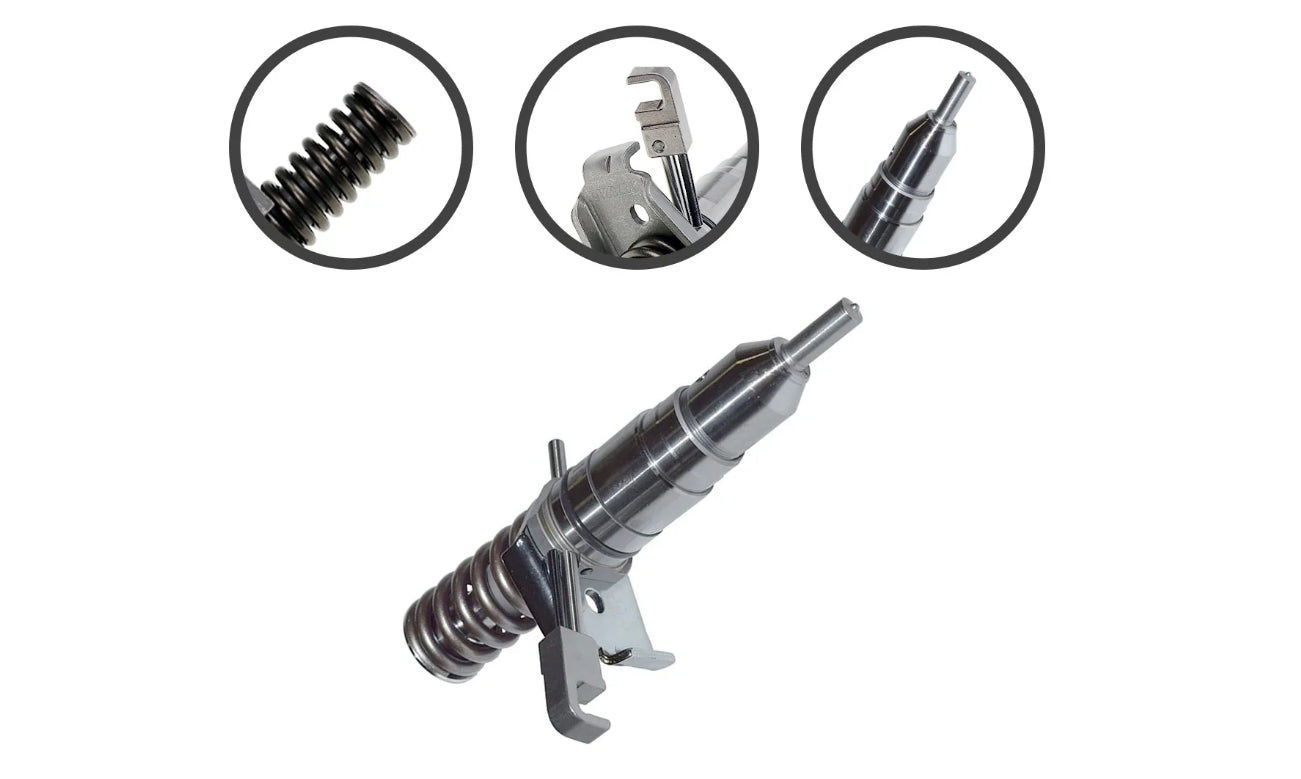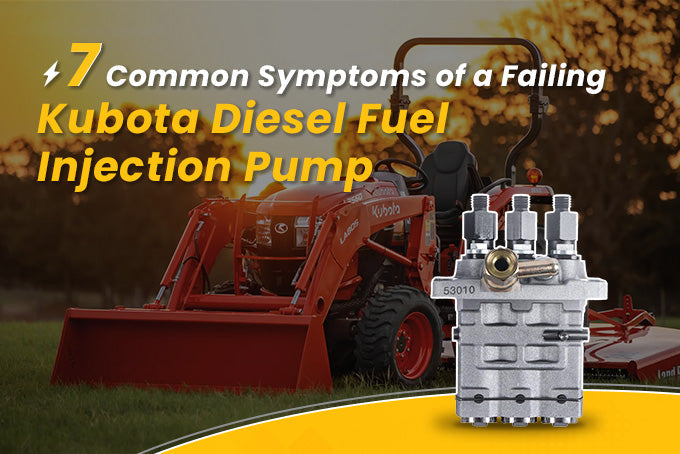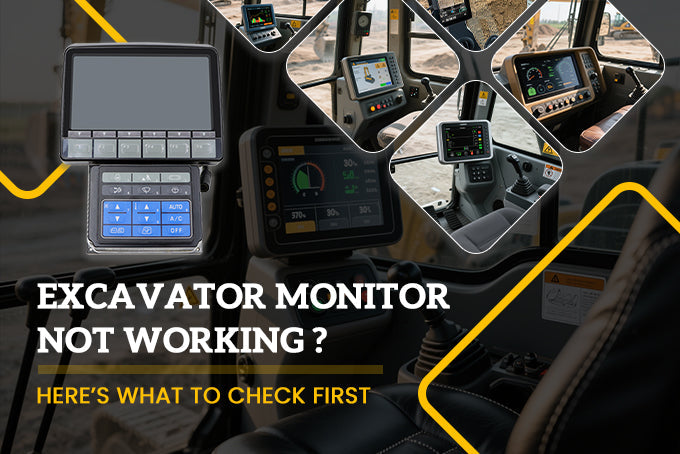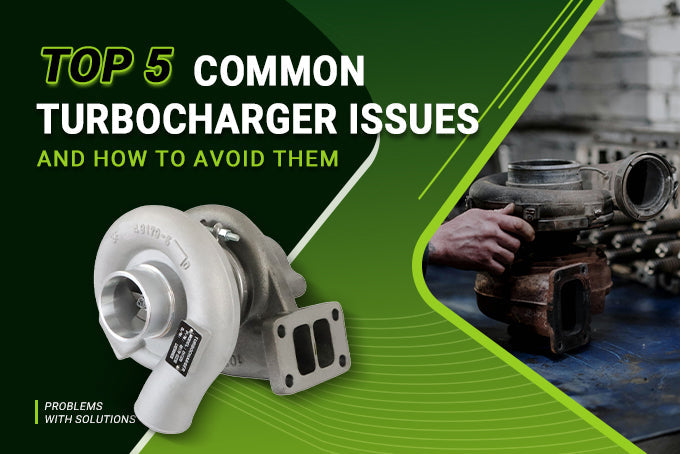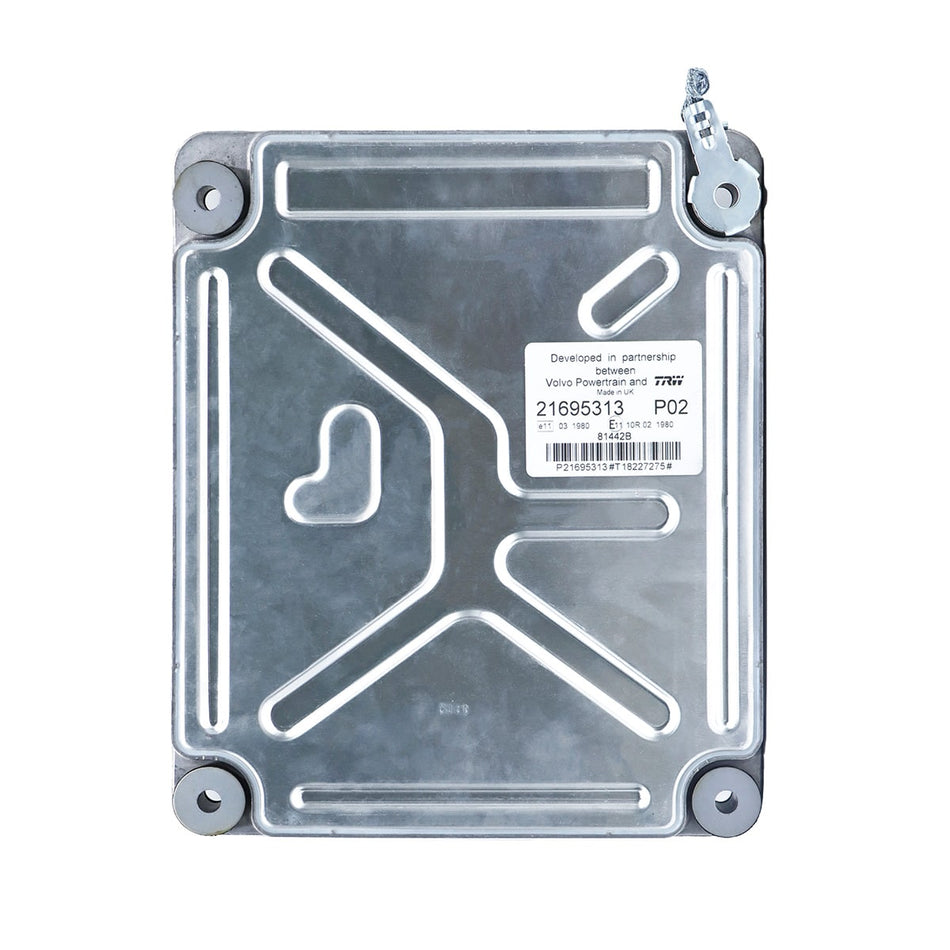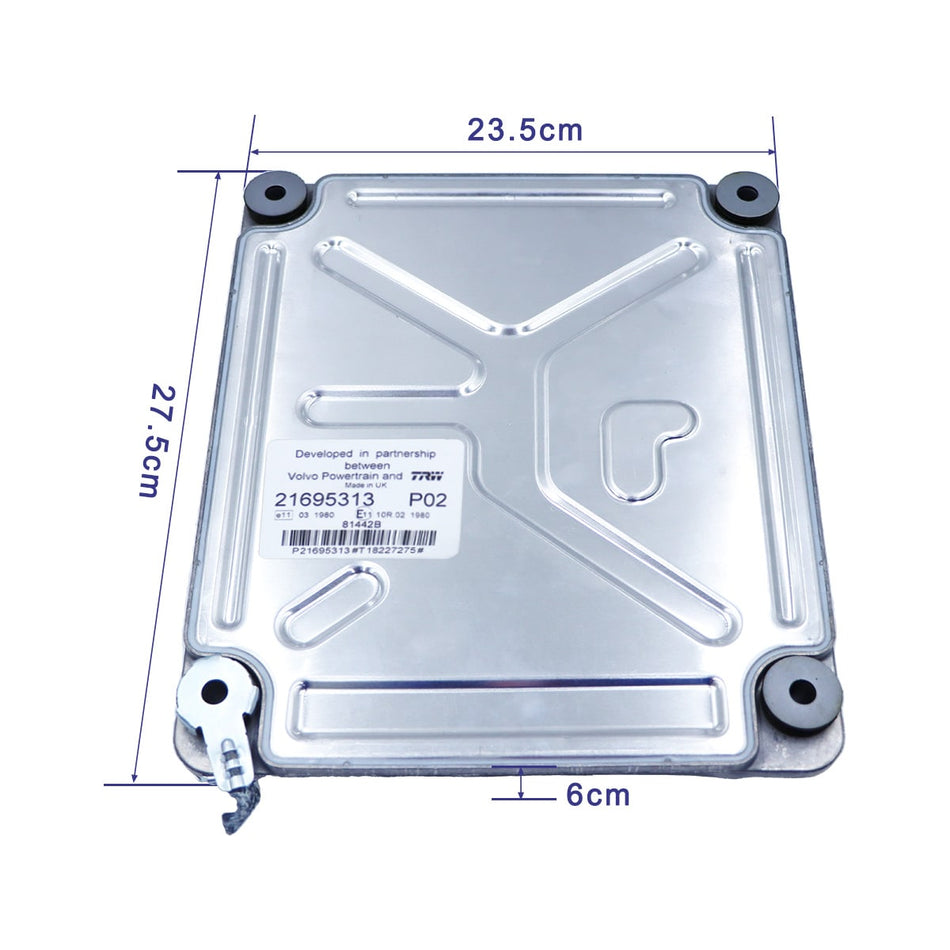A diesel fuel injector precisely sprays fuel into the engine at the correct rate and time, which is crucial for optimal performance and reduced emissions.
Since diesel has a high ignition point, it requires extreme pressure for combustion. Modern diesel engines use electronic control systems to monitor throttle position, rail pressure, and air intake, ensuring the injectors function properly.
If the injector fails, it should be checked and confirmed in time to ensure that the injector is in the proper working condition.
How Do You Know If You Diesel Fuel Injectors Need Replacing?
To determine if your diesel injectors need replacing, pay attention to diesel fuel injector symptoms:
Engine Loss of Power:
If your engine loses power and struggles to accelerate, it could indicate failing injectors.Besides struggling to accelerate, you may also experience rough idling or vibrations when driving.
Decreased Fuel Economy:
A noticeable decrease in fuel economy, where you find yourself refueling more often, is another sign.
Stalling Engine:
Frequent stalling or difficulty starting the engine suggests injector problems.
Fuel Odor:
If you smell fuel inside or around your vehicle, it could mean the injectors are leaking.
Quick Link to More Bad Diesel Fuel Injector Symptoms
If these warning signs appears, the injector needs to be checked and replaced as soon as possible.
What Mileage Should Diesel Fuel Injectors Be Replaced?
Manufacturers design diesel injectors to have a lifespan of about 100,000 to 150,000 miles. However, several factors can influence this mileage:
Type of Injector:
Different types of injectors have varying lifespans. For example, piezoelectric injectors may last longer than traditional solenoid injectors.
Injector Quality:
High-quality injectors made with superior materials and manufacturing processes tend to last longer.
Fuel Quality:
Using high-quality, clean fuel can prevent contaminants from clogging or damaging the injectors, extending their lifespan.
Environmental Factors:
Extreme temperatures and harsh operating conditions can accelerate injector wear and reduce their lifespan.
Driving Habits:
Frequent short trips, aggressive driving, and high-load operations can increase wear on injectors.
Considering these factors, while 100,000 to 150,000 miles is a general guideline, individual injector lifespan can vary.
Should You Replace All Diesel Fuel Injectors At Once?
Whether you should replace all diesel injectors at once depends on the specific situation. If only one or two injectors are faulty, you may only need to replace the problematic ones. However, if the injectors have been in use for a long time or have high mileage, it's advisable to replace all of them at once. This ensures balanced and consistent engine performance and prevents the hassle of dealing with additional injector failures in the near future. Additionally, replacing all injectors at once can reduce overall repair time and costs. Ultimately, the decision should be based on the overall condition and usage of the injectors.
How Much Does A Diesel Fuel Injector Replacement Cost?
The cost of replacing a diesel injector varies due to several factors, including the vehicle model, type of injector, region, and the repair shop's pricing. Typically, replacing a single diesel injector costs between a few hundred to a thousand dollars. If multiple injectors need replacement, the total cost will be higher. Additionally, repair costs may include diagnostic fees and labor charges. Therefore, to obtain an accurate estimate, it's best to consult a professional repair shop or refer to your vehicle's service manual.
How Often Do Diesel Fuel Injectors Need To Be Replaced?
Diesel injectors typically need to be replaced every 100,000 to 150,000 miles. However, operating conditions, the load placed on the engine, and the quality of fuel used can affect this. Harsh conditions, heavy loads, and low-quality fuel can shorten injector lifespan. It require that Regular maintenance and high-quality fuel to help extend fuel injectors' service time.


